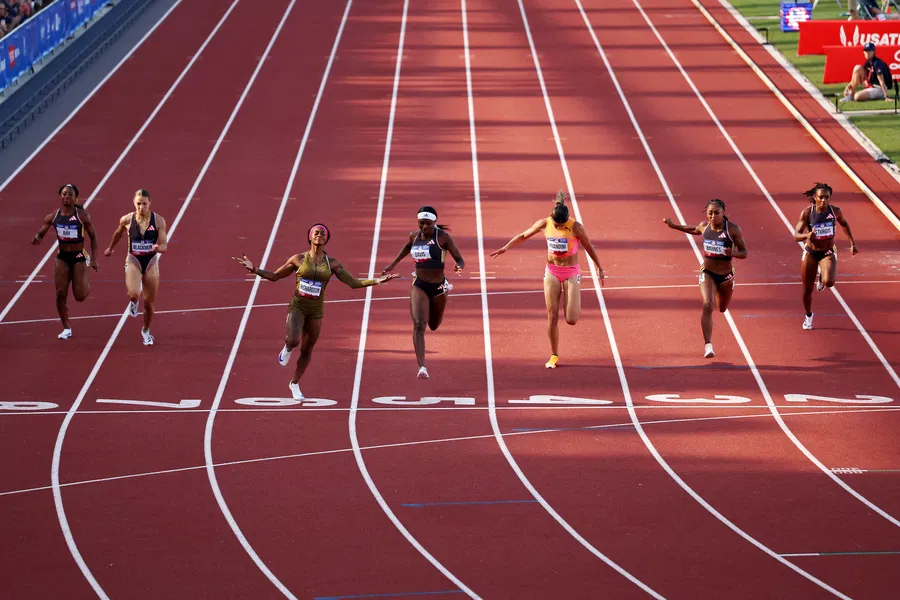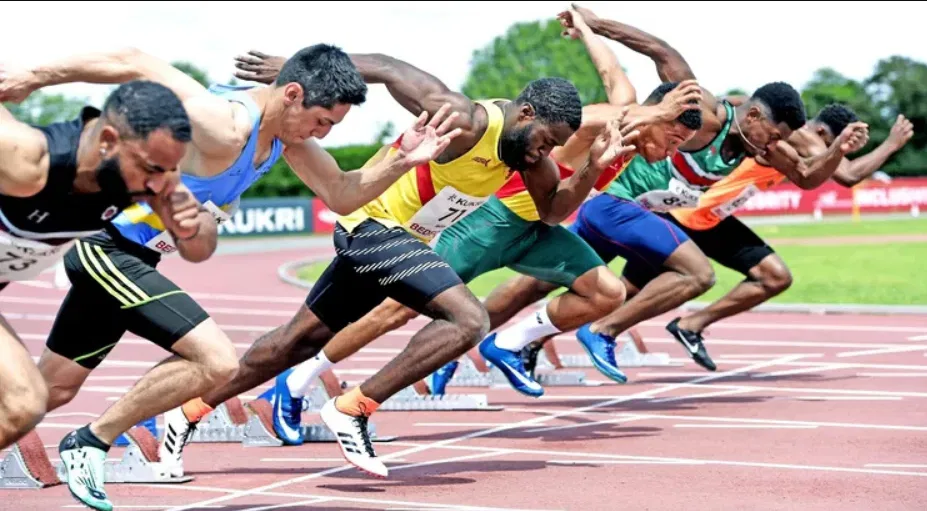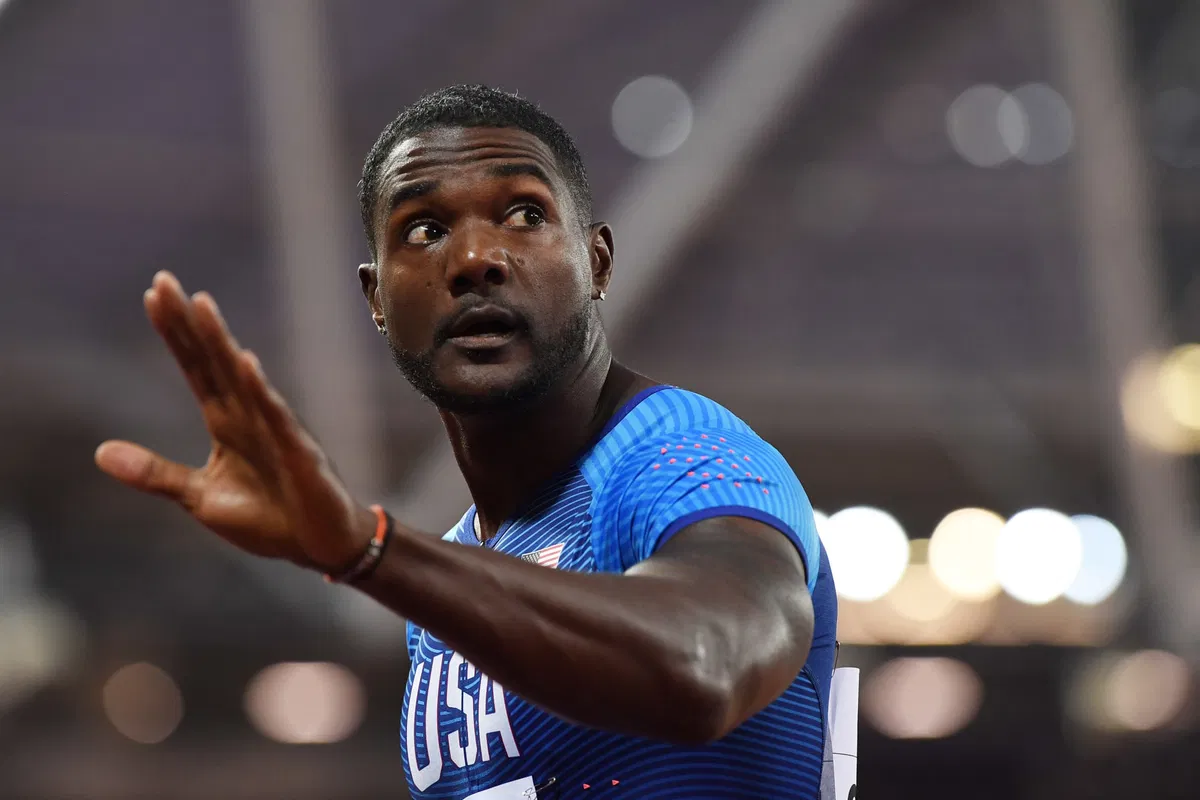Netflix’s Sprint Season 2 has sparked heated debate within the track and field community. While the docuseries aims to showcase the sport’s drama and dedication, critics argue that it falters in inclusivity and balance, especially regarding African athletes and underrepresented disciplines.

Criticism of Bias and Lack of Representation
The documentary has been accused of focusing disproportionately on American sprinters, particularly Noah Lyles and Gabby Thomas. Athletes like Letsile Tebogo, Akani Simbine, and Julien Alfred voiced their disappointment at the limited screen time given to non-American athletes. Tebogo, a 200m Olympic gold medalist, was particularly vocal, lamenting the near-total absence of African representation. Simbine echoed this, accusing the series of sidelining the emerging talent from Africa, a region rapidly gaining prominence in global track and field.

Justin Gatlin and Rodney Green Join the Fray
Former track star Justin Gatlin added his critique during a Tidal League podcast appearance, noting that the storytelling lacked depth and personal connection. Gatlin expressed disappointment that athletes weren’t given enough space to share their journeys, with narrators dominating the narrative instead. He also criticized the series for focusing on a fixed set of athletes, which undermines track and field’s dynamic nature, where new stars emerge regularly.

Co-host Rodney Green took issue with the lack of focus on African sprinters, such as Akani Simbine, and their transformative impact on the sport. Green highlighted that African athletes have overcome significant adversity to compete at the highest level, making their exclusion even more glaring.
Overlooked Stories
Critics pointed to inspiring stories that Sprint failed to include, such as:
- Ebony Morrison, who triumphed in the African Championships in the 100m hurdles.
- Derartu Tulu, the first Ethiopian woman to win Olympic gold, whose journey could inspire countless viewers. These omissions have led to calls for greater inclusivity in future seasons.
Women and Hurdles Underrepresented
Both Gatlin and Green emphasized the importance of showcasing women athletes and hurdlers, disciplines they felt were sidelined in favor of a narrow focus on male sprinters like Fred Kerley. Gatlin pointedly reminded the audience that “hurdlers are sprinters too,” urging for a broader perspective in future storytelling.
Missed Opportunity for Growth
While Sprint highlights the drama and excitement of track and field, critics argue that its narrow focus undermines its potential to grow the sport’s global appeal. A more comprehensive approach, they contend, would celebrate the diversity and resilience of athletes from all backgrounds, creating a richer, more engaging narrative.
As track and field continues to evolve, the backlash against Sprint Season 2 serves as a reminder of the importance of inclusivity, balance, and authenticity in storytelling. For Netflix and the producers, this criticism offers an opportunity to course-correct and truly capture the global essence of the sport in future installments.